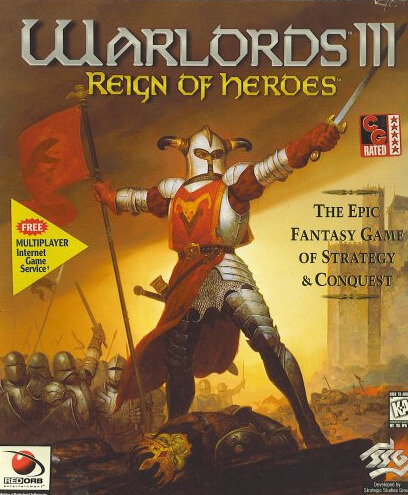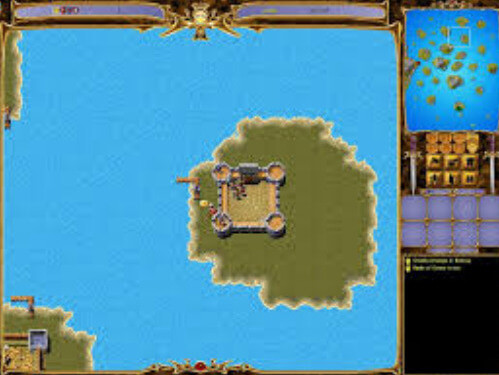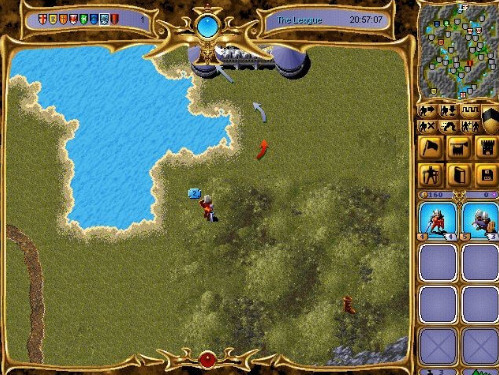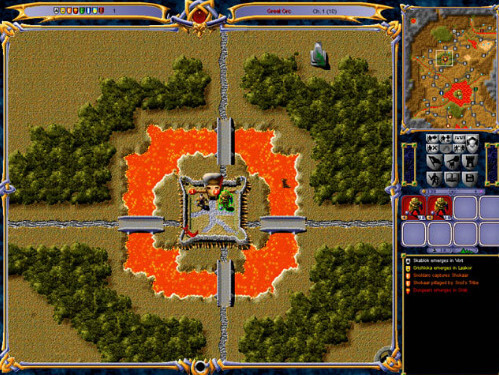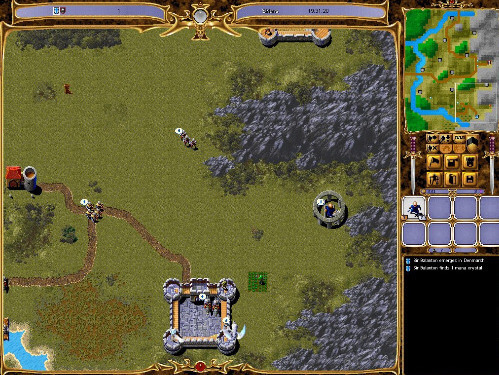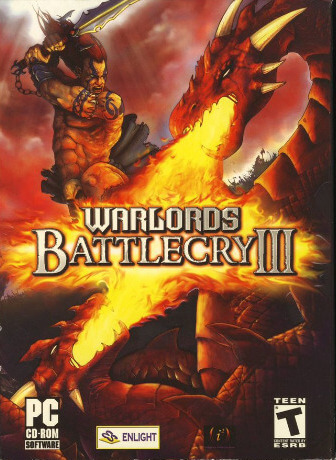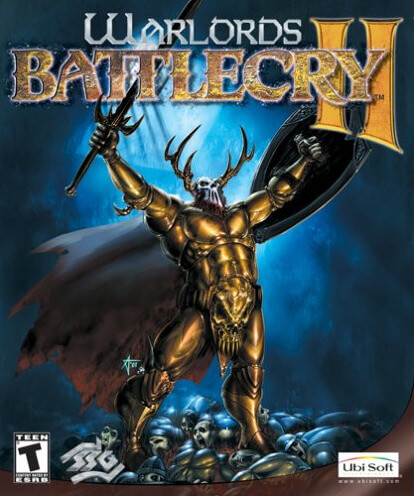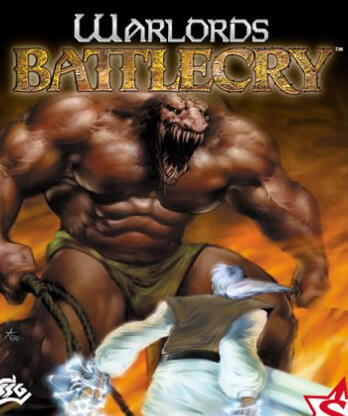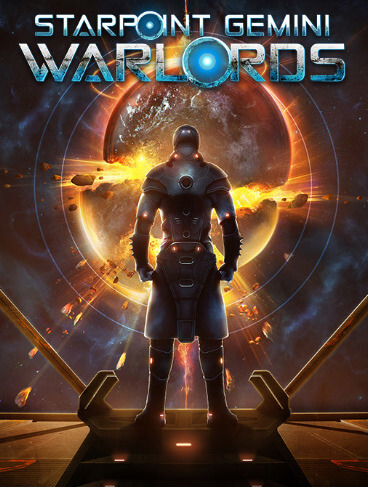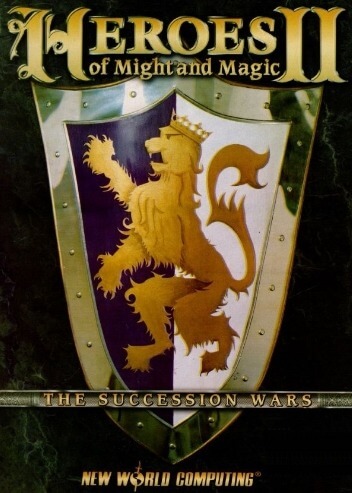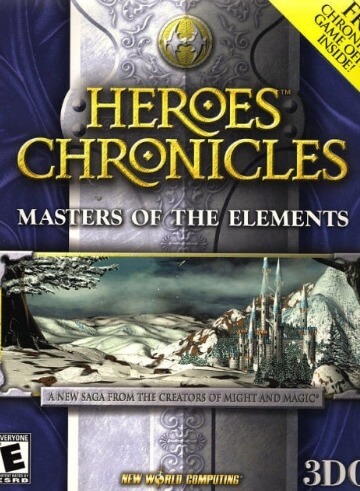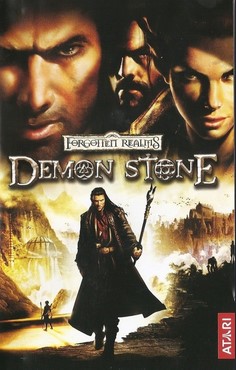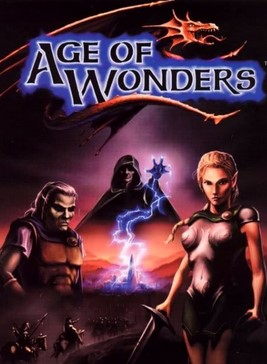Unlike the previous versions Reign of Heroes provided several hero classes. Each class has its own upgrade paths and costs of upgrade options. The upgrade options themselves became user-selectable, giving the player more control over the heroes' development.
The city levels in Reign of Heroes became more important, as in battles it equaled to city bonus. The players received ability to promote cities to next level for a fixed amount of gold.
The units received hit points, making more powerful units the harder targets for the weaker, and bringing more diversity to the army sets. The increased number of army bonuses led to more complicated battle outcome calculation. Furthermore, several army bonuses allowed respected armies to kill the more powerful enemies from the first attack, which made the battle outcome yet less predictable.
The concept of diplomacy was further refined by adding new state of diplomatic relations: Treaty. This state allowed players trespassing each other's cities and winning the Allied victory exterminating all other parties. Another diplomacy-related feature introduced in Reign of Heroes was the ability to bribe enemies, thus influencing their diplomatic decisions. The amount of bribe was fine-tunable; the more substantial bribe was, the greater chances of needed decision were.
In addition to the previously available multiplayer modes (hotseat and play by email) the Reign of Heroes introduced the ability to play over network.
The game CD included the soundtrack in CD-DA format.
Development
Warlords III was announced in August 1996.
Expansion
Shortly after releasing Reign of Heroes, SSG followed with Warlords III: Dark Lords Rising — a stand-alone expansion pack on 31 August 1998. It featured the new maps and units and contained the sample graphics to facilitate development of alternative tile, army and city sets. The plot of the main campaign continued where the previous game had left off.
Warlords III like Warlords II had a campaign editor and realistic terrain model.
By the time of Warlords III games' releases the real-time strategy game genre was in full-swing, so there was less of a market for turn-based games. The oncoming rush of first person shooters and first generation MMORPGs also didn't help the popularity of the series. The turn-based strategy genre in general would take a hit during this period.
Reception
In the United States, Warlords III debuted in 15th place on PC Data's computer game sales rankings for September 1997. It was absent from the following month's chart. The game was commercially unsuccessful, with sales in the United States of 27,387 units by April 1999, according to PC Data. The Learning Company's K.C Conroe reported that the publisher was "baffled" by its performance. CNET Gamecenter's Marc Saltzman attributed the failure of Warlords III to "the real-time strategy explosion" at the time of its release.
Next Generation rated it four stars out of five, and stated that "Warlords III takes many of the best aspects of tabletop wargaming and adapts them nicely to a PC environment, even offering an extended campaign mode for the first time in the series."
Next Generation reviewed Warlords III: Darklords Rising, rating it four stars out of five, and stated that "Whether playing the game as designed or creating your own worlds, you'll find Darklords quite mesmerizing. Old-timers should feel right at home with this version, and newcomers will quickly become enchanted."
Reign of Heroes was a finalist for the Academy of Interactive Arts & Sciences' 1997 "Strategy Game of the Year" award, which ultimately went to StarCraft and Age of Empires (tie).
The editors of Computer Games Strategy Plus named Warlords III the best turn-based strategy game of 1997.
Warlords III was a runner-up for Computer Gaming World's 1997 "Strategy Game of the Year" award, which ultimately went to Myth: The Fallen Lords.
Darklords Rising was a finalist for Computer Games Strategy Plus's 1998 "Strategy Game of the Year" award, which ultimately went to Railroad Tycoon II. The editors wrote that Darklords Rising "continued the Australian company's well-deserved reputation for quality games."
